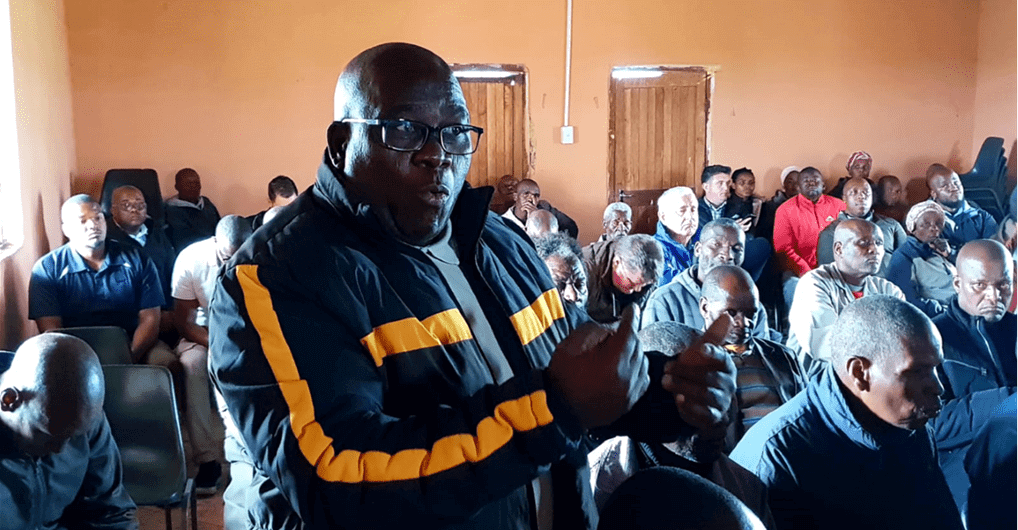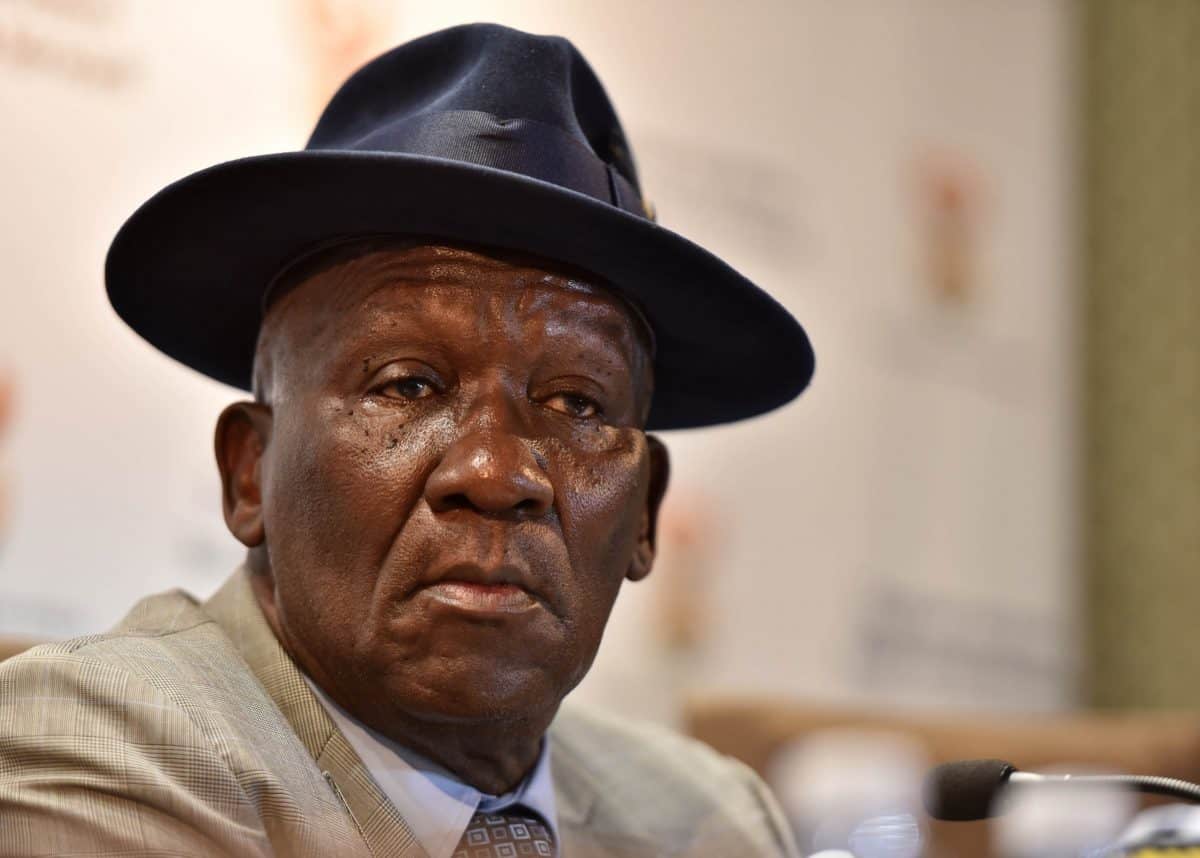This Content Is Only For Subscribers
Hlophe is set to officially represent Parliament on the Judicial Service Commission (JSC) following the passage of a motion by the National Assembly. Hlophe, nominated by his political party, Umkhonto weSizwe, was elected by Members of Parliament (MPs) despite objections from various parties including the Democratic Alliance (DA), Inkatha Freedom Party (IFP), and African Transformation Movement (ATM).
Hlophe’s appointment comes amid controversy, as he was impeached by Parliament in February after the JSC found him guilty of gross misconduct. The charge originated from his 2008 attempt to influence two Constitutional Court judges to rule in favor of former President Jacob Zuma in his arms deal corruption case.
DA Chief Whip George Michalakis addressed MPs, stating that Hlophe’s selection to serve on the JSC raised ethical concerns. “Even if the majority today hold the view that any person who is fit and proper to be a Member of Parliament is fit and proper to be a member of the JSC, it must follow that a large number of applicants will be interviewed by the JSC going forward. We will object and apply for the recusal of Dr. Hlophe,” Michalakis said.
Hlophe will join other notable figures on the JSC, including DA MP Glynis Breytenbach and Economic Freedom Fighters (EFF) leader Julius Malema. Despite the opposition, Sihle Ngubane of the MK party defended Hlophe’s appointment, stating that the constitution and parliamentary rules do not prohibit it. “The constitution does not contain an inherent qualification requirement for members to sit on the JSC since members who qualify to be appointed to the JSC are already members of Parliament and therefore bound by their oath of office,” Ngubane explained.
Ngubane also highlighted Hlophe’s academic credentials, noting that he is a graduate of the prestigious Cambridge University. “The MKP has done huge justice to the House, by bringing in a Cambridge PhD graduate with a law degree, to assist in the law-making process,” Ngubane added.
EFF’s Floyd Shivambu echoed this sentiment, urging respect for Hlophe’s nomination. “There are so many less than capable members of the DA, some of whom are serving in the executive now, who do not have any form of qualification or direction. We have not yet exposed their incapacity because they are eligible to be appointed even as executives,” Shivambu stated. He criticized the DA, describing them as “a group of white illiterates, semi-illiterates presiding over the government because a certain section of society has given them that responsibility.”
Hlophe’s appointment to the JSC signifies a contentious yet pivotal moment in South African politics, reflecting broader debates about qualification, ethics, and representation in government roles.













